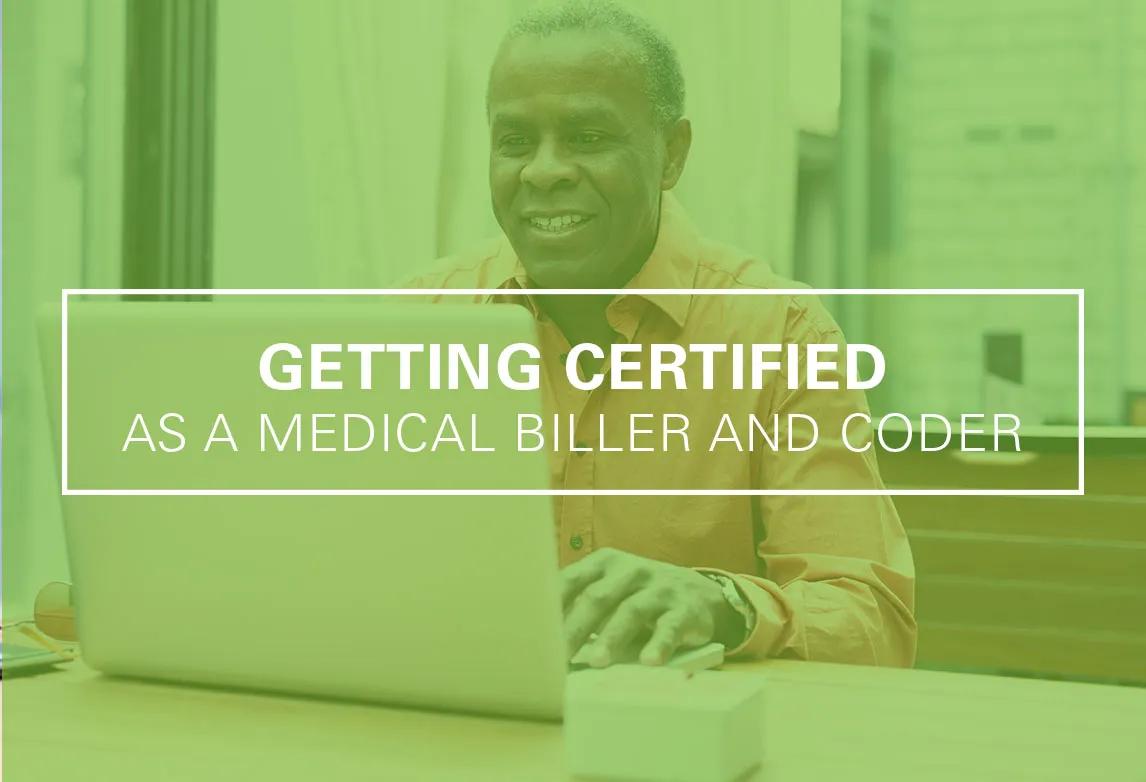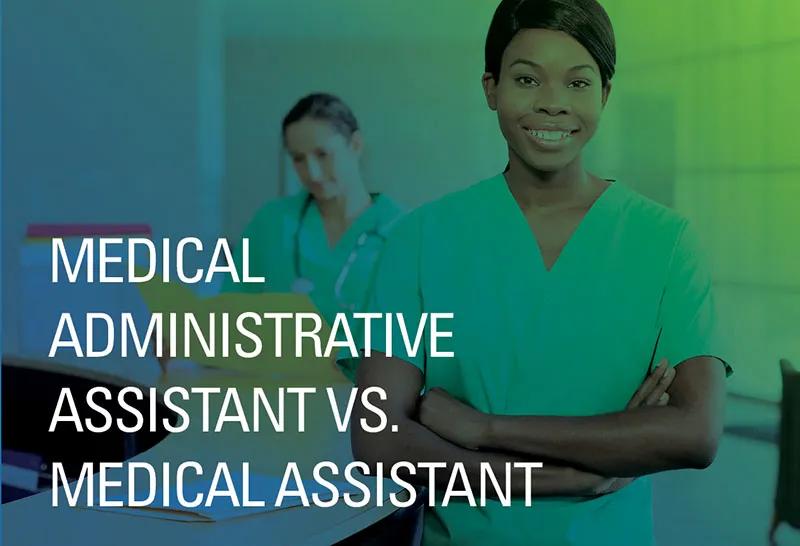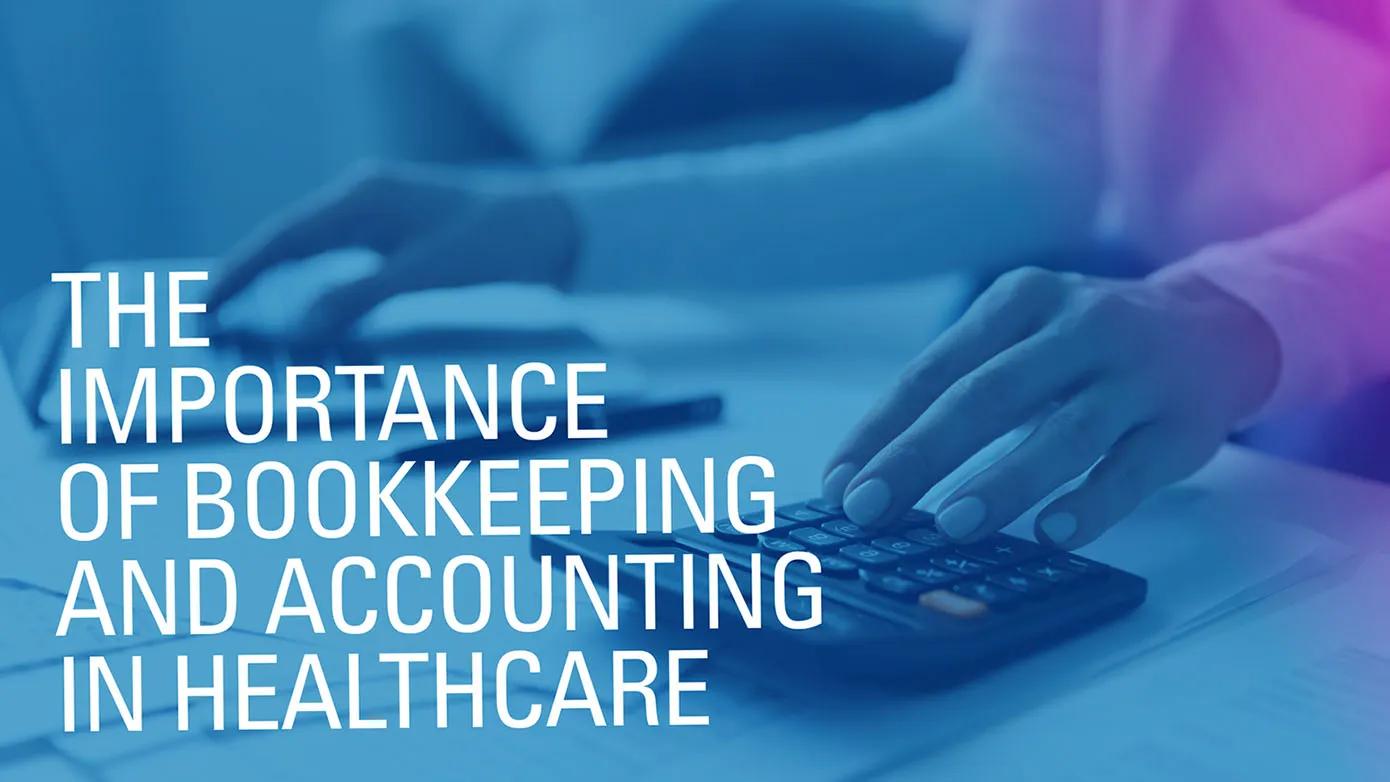How to Get Your Medical Coding and Billing Certification

Doctors may get all the attention when people think of healthcare careers, but there are a lot of behind-the-scenes jobs that keep the medical profession running smoothly.
One of those essential jobs is the role of medical coder and biller. These professionals help pave the way for clear communication between healthcare providers and payers, and they help move along the reimbursement of medical services in a timely fashion.
Medical coding and billing specialists may seek training or experience to perform their duties better, and many opt to pursue industry certification to demonstrate their expertise. In this article, we’ll cover what you need to know to pursue your medical coding and billing certification, which can help get your career off to a good start.
What Is a Medical Coder and Biller?
Before you decide to pursue a career in medical biller and coder, you should first understand what someone in this field actually does. Technically, this position can be viewed as two different jobs rolled into one.
Medical coders help translate the medical world into a common language that is shared between healthcare providers, insurers, statisticians, and others. They help these stakeholders understand what conditions and services are associated with a patient’s medical visit, which involves assigning universal identifiers to each diagnosis, illness, injury, procedure, and treatment.
To do this, coders need a solid understanding of medical terminology so that they know which numeric and alphanumeric codes to apply when entering data into patient records and billing programs.
A medical biller is the person who helps ensure the healthcare facility gets reimbursed for all services rendered. This specialist prepares and sends invoices for payment, verifying that all aspects of a hospital admission or office or other medical visit have been properly coded before submitting the claim to an insurance company, Medicare, Medicaid, or another payer.
If a claim is rejected for some reason, the biller is responsible for ironing out the issue and resubmitting the claim. Once the insurer or other payer has submitted payment for covered services, the biller will send an invoice to the patient for any remaining balance due.
What Is Medical Coding and Billing Certification?
As you can see, these two job functions are essential to helping ensure the healthcare process runs smoothly. Without a coder, an insurance company might argue that it’s not clear what is being billed for, and without a biller, there would be nobody to assist with the healthcare provider getting paid.
Before hiring workers for these critical roles, employers will want to verify that candidates understand medical terminology and all applicable codes. This is why many employers may prefer to hire candidates with medical coding and billing certification—it shows that coders and billers have the knowledge they need to do their job properly, which can save patients, doctors, and insurance companies from confusion and costly errors.
Things you’ll need to learn to prepare for certification include:
- Current Procedural Terminology (CPT) codes – These help identify procedures like office visits, physical examinations, flu shots and more.
- ICD-10 codes from the International Statistical Classification of Diseases and Related Health Problems – These indicate diagnoses like diseases of the digestive or nervous systems, pregnancy complications, injuries and more.
- Healthcare Common Procedure Coding System (HCPCS) Level II codes — These represent devices and supplies like prosthetics and durable medical equipment, as well as non-physician services like ambulance transportation.
These codes determine the amount of reimbursement a healthcare provider receives from insurance companies for services provided to patients, which is why the process is so important. Through medical billing and coding training and certification, you can become familiar with CPT, ICD-10 and HCPCS Level II codes.
Medical billing and coding career training also prepares students to learn how to process healthcare claims, accurately code medical procedures and use the right medical terminology. These qualifications can assist applicants when competing for coding jobs.
Medical Billing and Coding Certification Requirements
To achieve any type of industry certification, you’ll need to demonstrate your knowledge by passing an exam administered by a major certifying body. (Eligibility requirements may apply.) The AAPC, originally known as the American Academy of Professional Coders, administers the Certified Professional Coder (CPC®) exam, which covers three of the healthcare industry’s most commonly used code sets.
To achieve full CPC status, candidates must pass the exam and have either two years of work experience or 80 contact hours of a coding preparation course plus one year of on-the-job experience. Those who pass the exam but don’t yet meet the full eligibility requirements will be awarded the CPC Apprentice (CPC-A) designation, which can be updated to full CPC status with proof of experience.
Benefits of Certified Professional Coder (CPC) Certification
Employers may prefer to hire candidates with certification for medical billing and coding positions. The CPC credential from the AAPC is widely recognized by healthcare providers, medical societies and government organizations nationwide. CPC certification signifies that a candidate should be able to:
- Review patient records and assign the right medical codes for treatment, diagnoses and services.
- Be familiar with healthcare services like surgery, radiology, anesthesia, pathology and more.
- Apply knowledge of medical coding rules, procedures, compliance and reimbursement.
- Manage issues like claims denials, medically necessary procedures and bundling.
- Understand key medical terminology, anatomy and physiology.
The CPC Examination
The CPC certification exam consists of 100 multiple-choice questions. It is designed to evaluate the candidate’s knowledge of anatomy, medical terminology, laboratory and clinical procedures, practice management, coding guidelines and others. It also evaluates the candidate’s ability to apply the right procedure, supply and diagnosis codes.
People who sit for the exam are allowed to use approved manuals for reference, and may take up to four hours to complete it.
Getting Certified
Whether you aim to work as a coder, a biller, or in a combined role that handles both tasks, earning your CPC or CPC-A credential conveys your proficiency in understanding medical terminology and the industry’s universal coding systems.
Keep in mind that this is a process that will take some work, so be prepared to dig in and play the long game. Remember, you’re doing this to aid in advancing your career, so put in the work to do it right.
Complete Your Education
The first step to a medical coding and billing career can start with getting your education.
If you know what type of healthcare setting you want to work in, you may find it helpful to review local job postings to see what employers look for when hiring medical coders and billers.
Are they seeking candidates with a certificate or diploma? Do they give preference to those with an associate degree? Is certification required or strongly preferred? This will help give you an idea of where to start.
Choose a Diploma or Degree Program
Most employers don’t require a degree for entry-level medical coding and billing jobs; however, some may prefer candidates to have some type of formal training in medical terminology, standard industry codes, and relevant software. Earning a credential from an accredited health education school is one way to show preparation for this field.
A diploma program primarily focuses on relevant healthcare classes—such as coding, computers, records management, claims processing, and medical terminology—and usually can be completed in less than a year (depending on the pace of the individual student).
An associate degree is considered to be a two-year program, though at some schools it will only take about a year and a half (depending on the pace of the individual student and the program itself).
The degree curriculum will most likely include the same classes as the diploma program, with additional courses such as English, math, sociology, biology, etc., to help round out students’ skills.
In addition to deciding between a diploma and a degree, you may also choose from campus-based courses or online learning. While students preparing for clinical roles such as nursing assistant or phlebotomy technician will usually need to take on-campus courses, computer-based work like coding and billing is ideally suited to an online learning environment.
Finally, if you intend to pursue medical coding and billing certification before you begin applying for jobs, it may be wise to choose a diploma or degree program that will help prepare you for industry certification, such as the CPC designation. Even if you don’t yet have the work experience to achieve full CPC status, you can still include the CPC-A designation on your résumé once you’ve passed the exam.
Why Get Your Medical Coding and Billing Certification?
If you’re already earning a diploma or degree, you may wonder if it’s necessary or worthwhile to pursue medical coding and billing certification, especially if employers in your area don’t require certification for entry-level jobs.
Completion of an educational program is not a requirement to work in the field, at least in some places and for some employers. While a diploma or degree may help you land your first medical billing and coding job, adding certification can help position you for more competitive jobs with your top-choice employers. It can also help boost your earning potential.
For example, the U.S. Bureau of Labor Statistics (BLS) indicates that medical secretaries, including medical billers and coders, earned an average annual salary of $39,740 as of May 2021. However, attaining industry certification, such as the Certified Professional Coder (CPC®) credential from the AAPC, along with gaining years of experience, could lead to a higher salary. The 2020 AAPC Salary Survey states that coders with an average of 10 to 15 years of experience and the CPC certification earned an average annual salary of $56,109.
Bear in mind those figures include professionals with many years of experience, so it can take time to work your way up to even the average salary range. However, relevant certification may help you to increase your wages over time beyond what you’d earn with no higher education or just a diploma or degree alone.
Now that you understand the value of medical coding and billing certification, we’ll move on to the exam itself.
Taking the Certification Exam
So, you’ve completed (or are nearly finished with) your education and feel ready to take your medical coding and billing certification exam. What’s the next step?
There are a number of different industry certifications available, and the process may vary depending on which exam you’re planning to take. For this article, we’ll look at one of the field’s most popular certifications—the CPC credential.
According to the AAPC, this designation is “the gold standard” for medical coding in physician office settings.
Before you spend the money on a training program or registering for the CPC exam, make sure you’ve reviewed the eligibility requirements. If your school offers exam preparation, your instructors can provide guidance and advice.
You may need to provide proof that you have completed a coding preparation course and/or have on-the-job experience before you are granted full CPC status, though you are eligible for CPC-A status as soon as you pass the exam. In addition, you will need to have a current membership with the AAPC. If you are not already a member, you will need to submit payment for both your membership and the examination when you register.
Once you have submitted payment and registered for a date to take the exam in a city near you, you’ll want to brush up on the topics that will be covered in the examination.
Approved Exam Materials
Candidates are not expected to memorize the many thousands of codes used in this field, so the AAPC allows applicants to reference approved manuals during the exam. Keep in mind that only hard-copy manuals may be used, as electronic devices are not allowed in the exam room.
For the Certified Professional Coder exam, you’re allowed to bring the following manuals:
- Current Procedural Terminology: CPT books (AMA standard or professional edition only)
- International Classification of Diseases: Your choice of ICD-10-CM code book
- Healthcare Common Procedure Coding System: Your choice of HCPCS Level II code book
What Does the Certification Exam Cover?
The CPC exam is open book. You will have 4 hours to complete 100 multiple-choice questions. Passing will require a 70% or higher. The categories tested include:
- Integumentary Surgical Coding
- Respiratory Surgical Coding
- Nervous System Surgical Coding
- Endocrine System Surgical Coding
- Digestive System Surgical Coding
- Urinary System Surgical Coding
- Musculoskeletal System Surgical Coding
- Mediastinum & Diaphragm Surgical Coding
- Male/Female Genital Surgical Coding
- Hemic & Lymphatic Surgical Coding
- Maternity & Delivery
- Eye & Ocular Adnexa Surgical Coding
- ICD-10-CM
- HCPCS Level II
- Radiology
- Pathology
- Laboratory
- Medicine
- Anesthesia
- Evaluation and Management
- Anatomy and Physiology
- Medical Terminology
- Coding Guidelines
- Practice Management
After you’ve completed the CPC exam, the results will usually be released within seven to 10 business days. You can view the results online in your “My AAPC” account, and a hard copy will be mailed to you. The exam fee includes one free retake (if needed). Once you’ve earned a passing score, you can add CPC-A certification to your resume.
Get Your Medical Billing and Coding Certification
Ready to pursue your medical coding and billing certification? Ultimate Medical Academy can help you get ready with diploma and degree programs that prepare you to sit for the CPC exam. When you pass the exam, you’ll be awarded the CPC Apprentice certificate, which can be updated to full CPC status once you’ve completed the necessary work experience to meet the eligibility requirements.
If you’re just getting started with the process, check out our online Medical Billing and Coding programs to learn more about your options. If you’re ready to dive in, click over to our Admissions page to start your journey.
The views expressed herein are those of the author and do not necessarily reflect those of Ultimate Medical Academy.
Request Information
Talk with us. Start your journey.
Complete this form and we'll call you to explore options at UMA and answer your questions. We'll also email you info on how to get started. We're with you at every step!
Request Information
Talk with us. Start your journey.
Complete this form and we'll call you to explore options at UMA and answer your questions. We'll also email you info on how to get started. We're with you at every step!
About the Author
 Christina DeBusk
Christina DeBuskChristina DeBusk is a freelance writer who has been providing health and wellness content to healthcare organizations such as the American Chiropractic Association and International Sports Sciences Association (ISSA) since 2011. She obtained her Bachelor of Science in Sociology from Central Michigan University, minoring in psychology. She has also earned several ISSA certifications, including Certified Personal Trainer and Certified Nutrition Specialist, achieving the status of Elite Trainer.
Related Content


